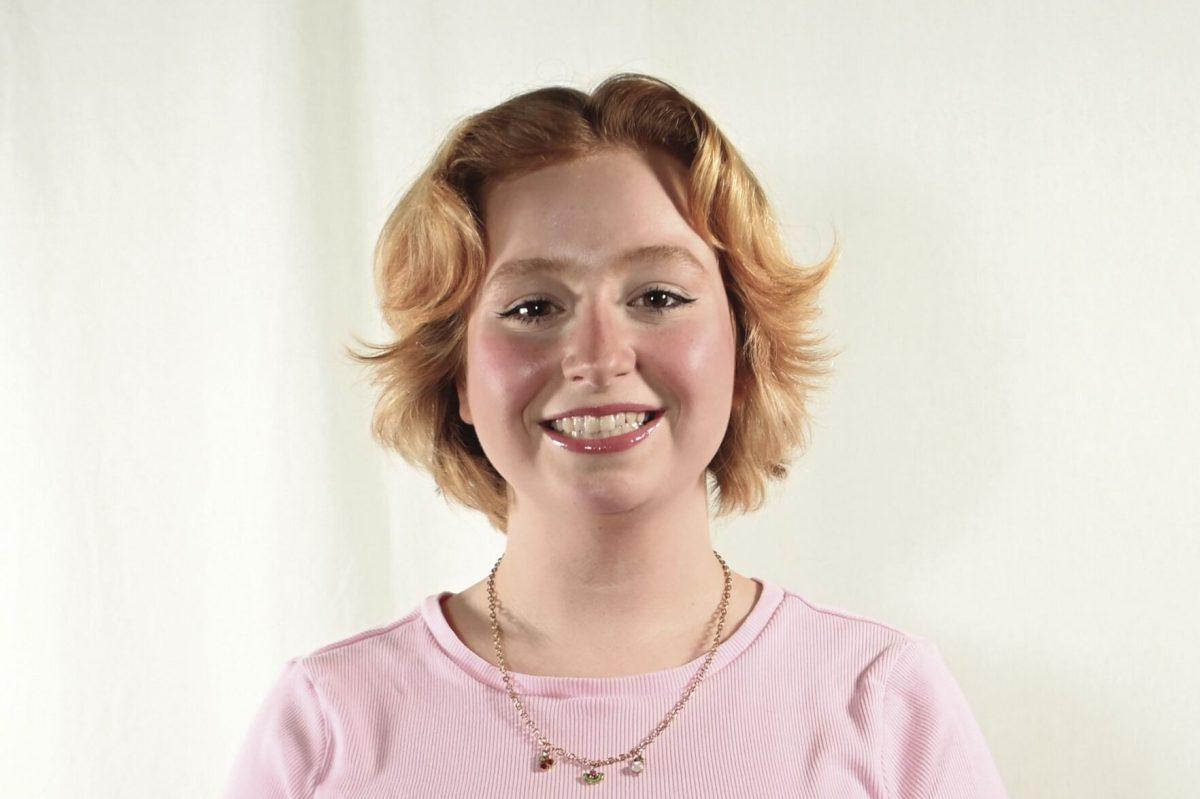Nonbinary people are constantly left out in a society that was built on the idea of two binary genders. People assigned female at birth — AFAB — specifically struggle when it comes to issues such as reproductive care because the language around those issues tends to be women-centered.
Most of the textbooks I have read while studying social work talk about parenthood in a binary way of male and female. When referring to birth these books talk about “mothers” only. A lot of media and other sources that discuss birth also use the term “mother” instead of the more inclusive “birthing person.”
Social work is supposed to be an inclusive and caring profession, yet my education in social works has been far behind in accurate language. I cannot imagine how severe the lack of inclusive language is in other majors.
This is an issue for other reproductive rights such as abortion. So many people talk about “a woman’s right to choose,” which does not include AFAB people who also need reproductive health but are not women.
People mean to be supportive when they say things about women. They are trying to be activists as they discuss women’s issues and disparities. The only problem is that they are not only women’s issues.
Inclusive language is so important firstly because it is accurate. It would be incorrect to label everyone with a vagina as a woman. It would also be incorrect because not all women have vaginas.
Inclusive language is also respectful and mindful to gender-diverse people as well as cisgendered people who might not adhere to a generalization made to all women. Taking people’s identities seriously is important because it respects who they are.
People also incorrectly attribute gender to experiences and ideas. Adding the word “girl” to everything is extremely popular right now, with “girl dinner,” “girl TikTok” or “girlhood.” Experiences that people have like braiding a teammate’s hair before a game are now labeled as “girl” things.
For cisgendered women, it is inaccurate to take one experience and say all cisgendered women have experienced it. There is diversity of interest and gender expression within cisgendered identities too.
It is also inaccurate to say one experience applies to all women because trans women have very different and unique experiences. Blanket statements about interests or experiences do not apply to all women because trans women exist.
For nonbinary individuals who are AFAB and were treated as girls growing up, it can be heavily upsetting to have part of your childhood being labeled as a “girl” experience. As a gender-diverse person myself, I feel torn when I see videos of people with their sisters talking about girlhood. I had the same experience, yet I am not a girl.
While these people do not mean to make me feel misgendered, that is the message I receive from the videos. Nonbinary people exist. We are not a third, “other” category. It is unfair to take one experience and try to say it was part of an overarching experience of being a woman because not all women have the same experiences and some people who are not women also have those experiences.
It is so important to accurately and respectfully talk about things like gender. Our textbooks and media need to care about and include nonbinary people in important conversations around reproductive care and birth. People need to consider the diverse world they live in before they make exclusive statements and posts.














